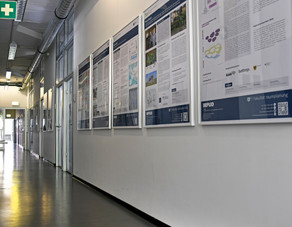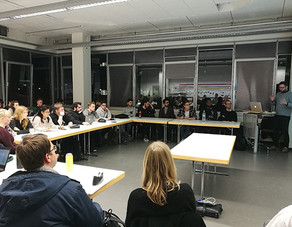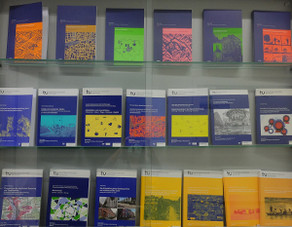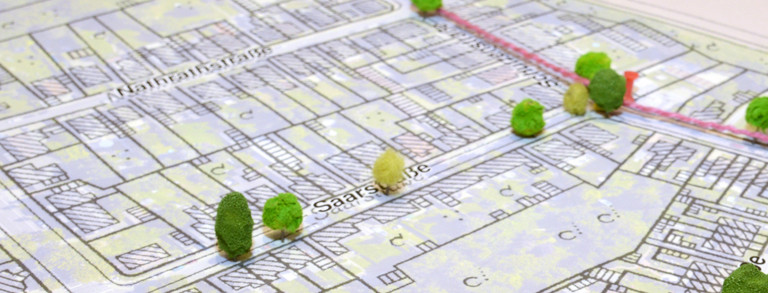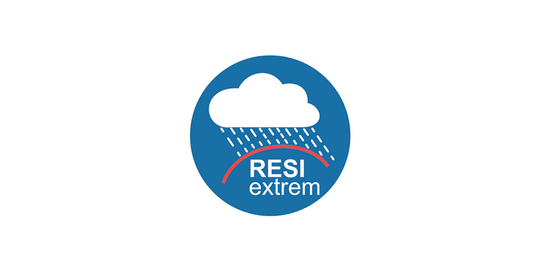RESI-extrem - Resilience Building after Extreme Events: Lessons Learned and New Strategies for Cities in Dealing with Ubiquitous Extreme Events
Project duration: 08/2017 to 07/2020
The RESI-extrem project addresses a problem that has not been adequately illustrated in the current research and practice of urban development. The main question of the RESI-extrem project is how, despite the apparent unpredictability of spatially ubiquitous occurring extreme events (e.g. heavy rainfalls), spatial planning and urban development can nevertheless promote prevention and protection concepts for climate-resilient development. In contrast to researches which primarily focus on a better characterization of extreme events, the project RESI-extrem aims at the systematization of lessons learned from past extreme events, which particularly hit cities of small and medium size. The integrated urban development is regarded as a central field of action for climate-resilient cities. Within the framework of RESI-extrem the cities of Schwäbisch Gmünd (Baden-Wuerttemberg) and Olfen (North Rhine-Westphalia), which have recently been hit by extreme events, are developing approaches for a new prototype or toolbox of an integrated urban development concept (city center) and an urban development concept (district). These will then be pilot-operated implemented and tested.
The project is funded by the Federal Ministry of Education and Research (BMBF)
The project management agency is the German Aerospace Center (Deutsches Zentrum für Luft- und Raumfahrt, DLR)
Project Partners:
- Universität Stuttgart, Institut für Raumordnung und Entwicklungsplanung (IREUS)
- Technische Universität Dortmund, Institut für Raumplanung (IRPUD)
- Plan und Praxis GbR, Berlin (P+P)
- Stadt Olfen
- Stadt Schwäbisch Gmünd
- RESIextrem-poster (German) PDF (2 MB)



